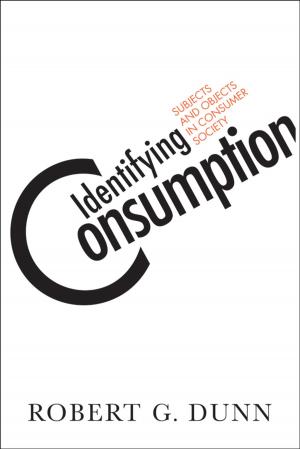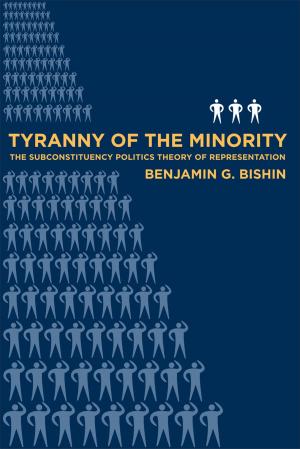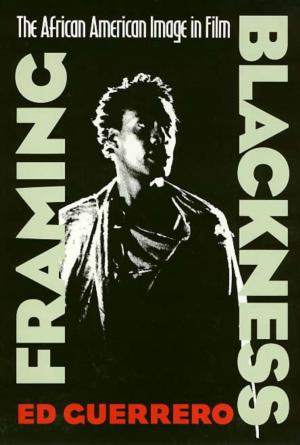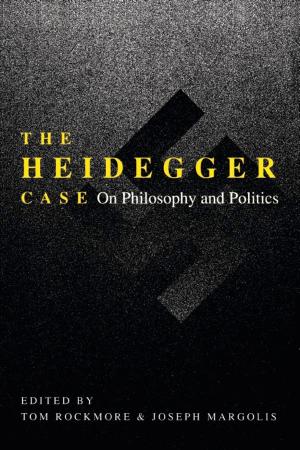| Author: | Robert Shandley | ISBN: | 9781592138067 |
| Publisher: | Temple University Press | Publication: | June 4, 2010 |
| Imprint: | Temple University Press | Language: | English |
| Author: | Robert Shandley |
| ISBN: | 9781592138067 |
| Publisher: | Temple University Press |
| Publication: | June 4, 2010 |
| Imprint: | Temple University Press |
| Language: | English |
At the end of World War II, Germany was a broken nation. Split in two and occupied by the victorious Allies, it would have to be rebuilt, literally, from the rubble of its own defeat. Volumes of books have been published chronicling its structural and economic rebirth; this unique study reveals how Germany rebuilt itself culturally.
Rubble Films is a close look at German cinema in the immediate postwar era, and a careful examination of its relationship to Allied occupation. Shandley reveals how German film borrowed -- both literally and figuratively -- from its Nazi past, and how the occupied powers (specifically the US) used its position as victor to open Europe to Hollywood movie products and aesthetics.
Incorporating a careful reading of several important postwar films, Shandley also discusses how the German studio system operated immediately after the war, in the east and the west, giving special focus on DEFA, the east German studio that rose during Soviet occupation.
Pathbreaking in its research, Rubble Films sheds new light on a significant moment of German cultural rebirth, and adds a new dimension to the study of the history of film.
At the end of World War II, Germany was a broken nation. Split in two and occupied by the victorious Allies, it would have to be rebuilt, literally, from the rubble of its own defeat. Volumes of books have been published chronicling its structural and economic rebirth; this unique study reveals how Germany rebuilt itself culturally.
Rubble Films is a close look at German cinema in the immediate postwar era, and a careful examination of its relationship to Allied occupation. Shandley reveals how German film borrowed -- both literally and figuratively -- from its Nazi past, and how the occupied powers (specifically the US) used its position as victor to open Europe to Hollywood movie products and aesthetics.
Incorporating a careful reading of several important postwar films, Shandley also discusses how the German studio system operated immediately after the war, in the east and the west, giving special focus on DEFA, the east German studio that rose during Soviet occupation.
Pathbreaking in its research, Rubble Films sheds new light on a significant moment of German cultural rebirth, and adds a new dimension to the study of the history of film.















